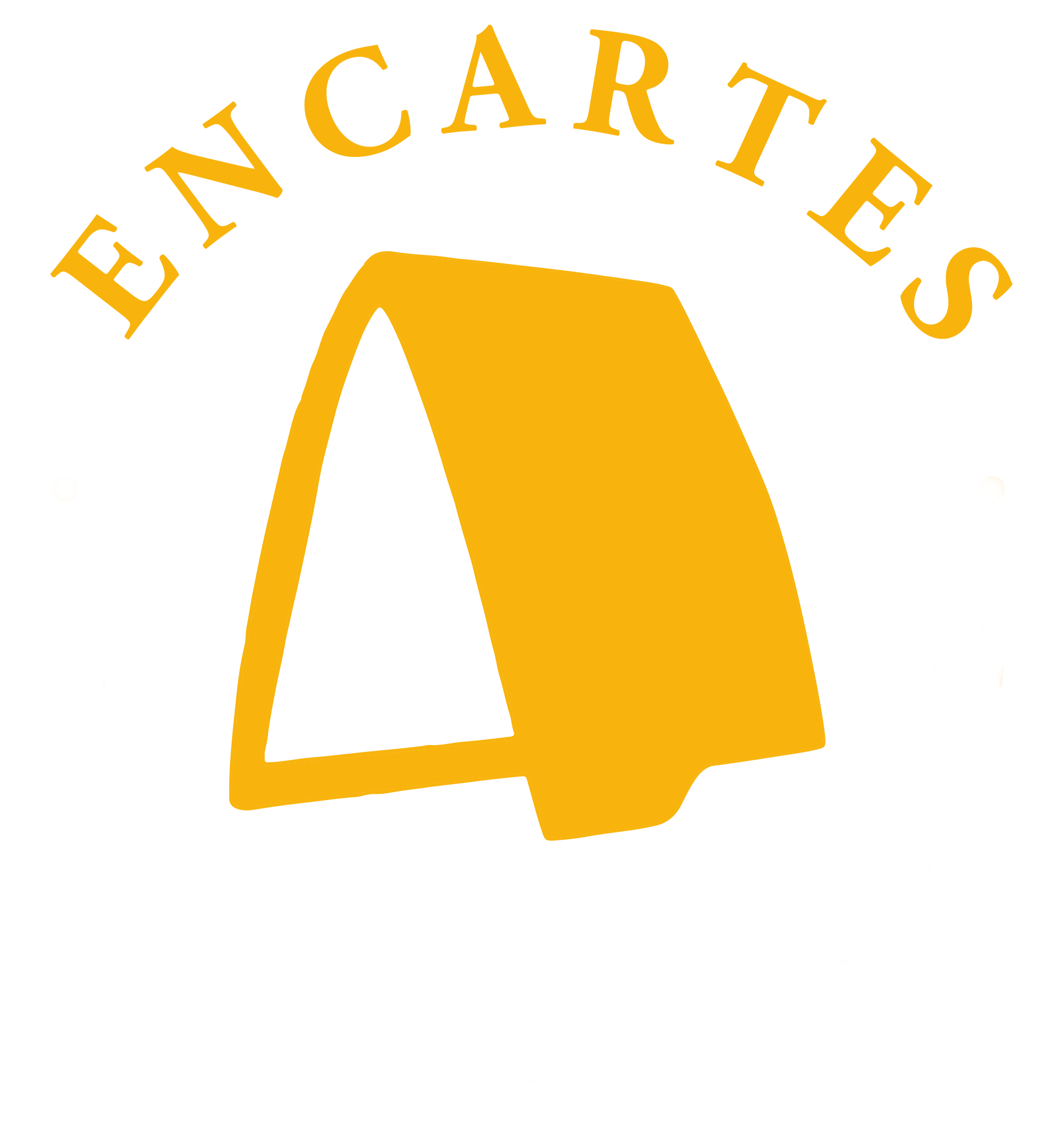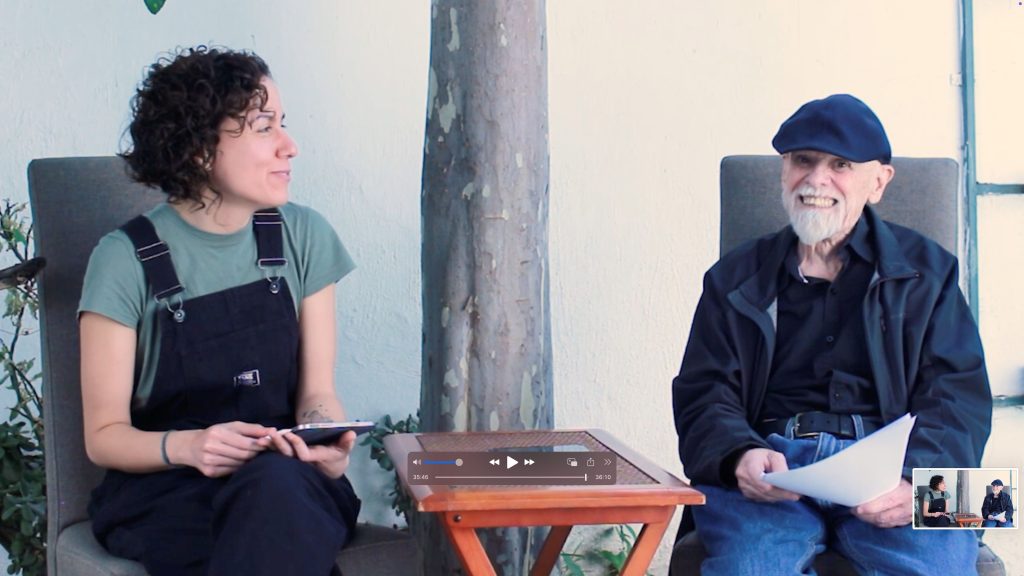home » Interviewees
Interviewees
Entrevistas
Vol 8 No 16 (2025)
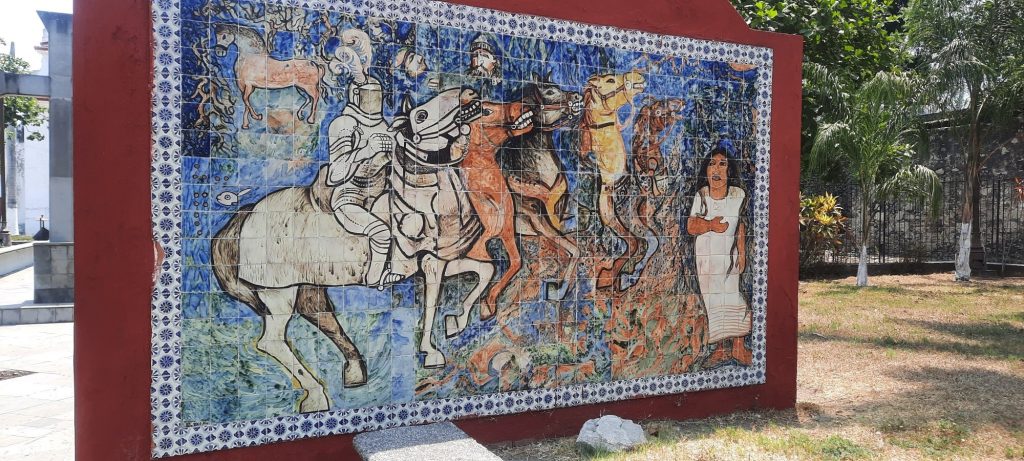
A new breed open to the future: Melchor Peredo's mural in La Antigua
Interview with - Melchor Peredo y García
- Charles Da Silva Rodrigues
- Paula Alexandra Carvalho De Figueiredo
In this interview, Melchor Peredo y García, recognized as the last representative of Mexican muralism, reflects on the historical and cultural significance of his mural. A new breed open to the futurelocated in La Antigua, Veracruz. Maestro Peredo addresses the importance of representing Mexican identity through muralism and shares his vision of the relevance of mural art in education and cultural identity in Mexico. He also discusses its purpose of challenging historical lies and fostering a deeper understanding of history, highlighting the role of art as a means of cultural resistance and the search for truth.
Entrevistas
Vol 8 No 16 (2025)
Yasuaki Yamashita and the Search for a Culture of Peace: Lessons from Nagasaki
Entrevistas
Vol 8 No 15 (2025)
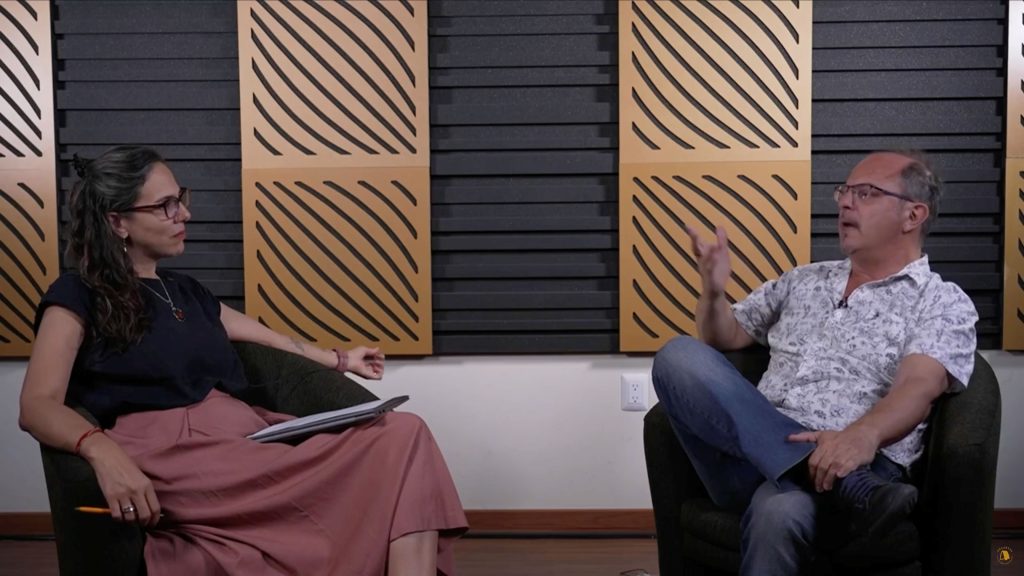
Interview with Alejandro Grimson: Intellectual challenges for the political imagination
Interview with - Alexander Grimson
- Alina Peña Iguarán
The interview "Intellectual challenges for the political imagination" presents a dialogue with Alejandro Grimson, a prominent Argentine anthropologist known for his analysis of identities and borders in Latin America. Alina Peña Iguarán highlights his contributions on cultural configurations and the concept of frontier as a dynamic space of interaction and conflict. The conversation addresses three moments: the Latin American debates of the 1990s, the genesis of his book "The Limits of Culture", and the analysis of the rise of the extreme right. Grimson reflects on nationalism, crisis of representation, and the urgency of building alternatives to the current political "mess" that weakens democracy.
Entrevistas
Vol 7 No 14 (2024)
Beams of light: the cinematographic gaze of Luc-Toni Kuhn
Interview with - Toni Kuhn
- Arturo Humberto Gutiérrez del Ángel
Toni Kuhn's work is a continuity and part of this great tradition of Mexican cinematographers, such as Gabriel Figueroa, Alex Phillips, Jack Draper, Agustín Jiménez, to name a few. They were his teachers, his references, although they did not give him - as he tells us - a visual, photographic eye, because whether you are born with it or not, it is almost a substitute for the language itself, for the multiple languages, which, he says, he learned in his native Switzerland and which he knew, in one way or another, how to translate into images and capitalize it with a reality that Mexico imposed on him. In this interview, Toni tells us about the beams of light that he has captured throughout his long-lived work.
Entrevistas
Vol 6 No 12 (2023)
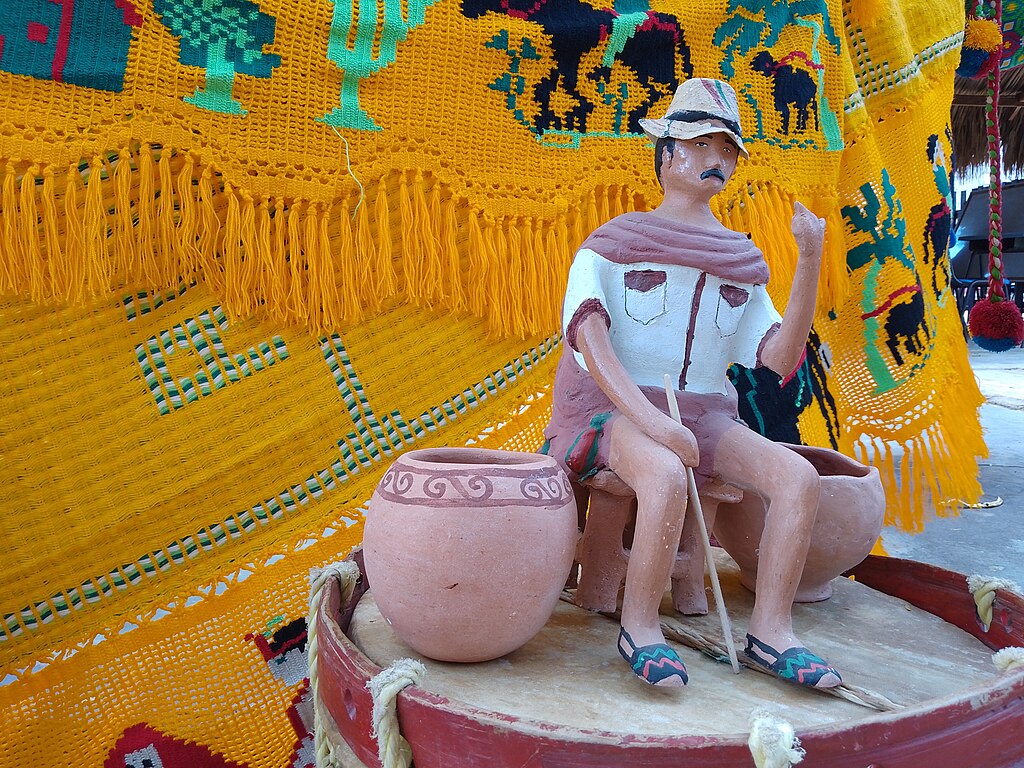
Interview with Colombian anthropologist and documentary filmmaker Felipe Paz, director of the medium-length film "Putchi Pu".
Interview with - Felipe Paz
- Mauricio Sánchez Álvarez
Felipe Paz is an independent Colombian anthropologist and documentary filmmaker, with a very extensive career having made cultural videos and also worked in the mass media in Colombia and Venezuela. His medium-length film Putchi Pu can be described as collaborative ethno-fiction, as it portrays how conflicts are settled among the Wayúu people. Putchi Pu makes visible the figure of the indigenous "palabrero" and his role in the peaceful resolution of conflicts.
Entrevistas
Vol 6 No 12 (2023)
Continuing the conversation: anthropologies of management, tutelary powers and horizontality. An interview with la Negra (María Gabriela) Lugones
Interview with - María Gabriela Lugones
- Mario Rufer
This interview with María Gabriela Lugones explores the concept of "continuing conversation" as a fundamental discursive genre that avoids the crystallization of meaning and creates an "intersection" between the text and the reader or listener. Lugones, a leading scholar with a background in History and Social Anthropology, shares her unique experiences and perspectives. Originally from Santiago del Estero, Argentina, her focus is on the relationship between management and pedagogy in governmental contexts, and her research seeks to understand the production of subjectivities in relation to forms of state subjection.

